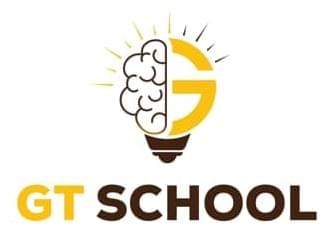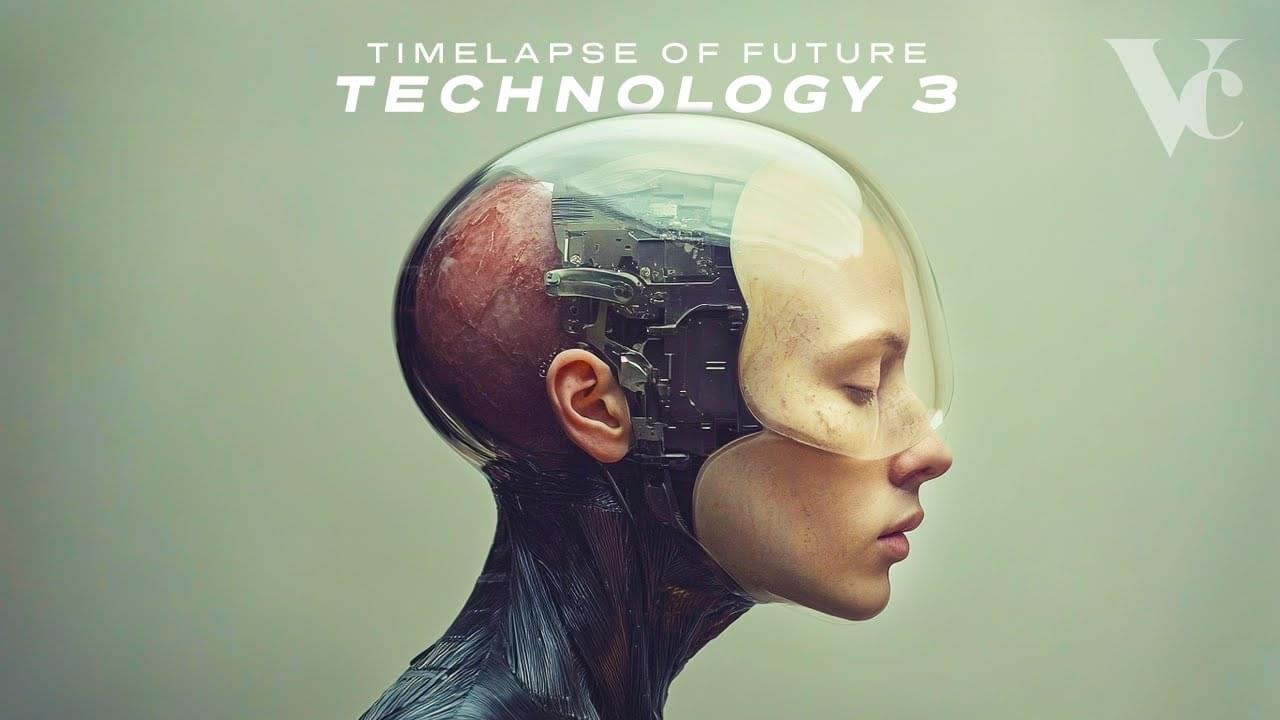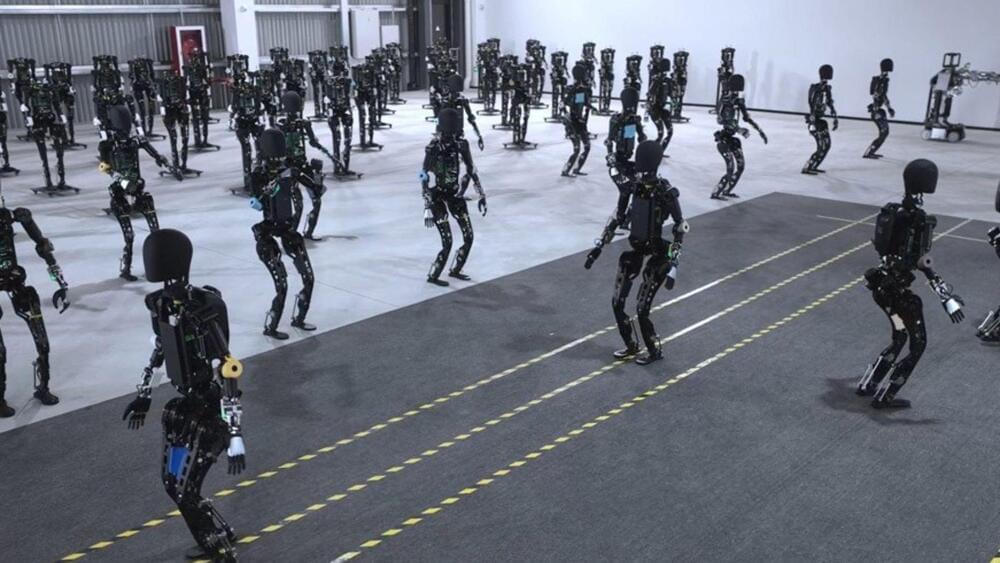Dec 22, 2024
The Next Great Leap In AI Is Behind Schedule And Crazy Expensive
Posted by Bruce Burke in category: robotics/AI
OpenAI has run into problem after problem on its new artificial-intelligence project, code-named Orion.
OpenAI has run into problem after problem on its new artificial-intelligence project, code-named Orion.
Creativity has long been considered one of the most difficult aspect of human intelligence for AI to mimic. However, the rise of Large Language Models (LLMs), like ChatGPT, has raised questions about whether AI can match or even surpass human creativity.

This will really start to pick up now.
Continue reading “Charter school is replacing teachers with AI” »

This timelapse of future technology, the 3rd year of the video series, goes on a journey exploring the human mind becoming digital. Brain chips turn memories and thoughts into data; could this data be sent out into space to live in the cosmos encoded into the magnetic fields between stars.
Other topics covered in this sci-fi documentary video include: bio-printing, asteroid habitats, terraforming Mars, the future of Teslabots, lucid dreaming, and the future of artificial intelligence and brain to computer interfaces (BCI — brain chips).
Continue reading “TIMELAPSE OF FUTURE TECHNOLOGY 3 (Sci-Fi Documentary)” »

Thank you to today’s sponsors:
Eight Sleep: Head to https://impacttheory.co/eightsleepAugust24 and use code IMPACT to get $350 off your Pod 4 Ultra.
Netsuite: Head to https://impacttheory.co/netsuiteAugust24 for Netsuite’s one-of-a-kind flexible financing program for a few more weeks!
Aura: Secure your digital life with proactive protection for your assets, identity, family, and tech – Go to https://aura.com/impacttheory to start your free two-week trial.
Welcome to Impact Theory, I’m Tom Bilyeu and in today’s episode, Nick Bostrom and I dive into the moral and societal implications of AI as it becomes increasingly advanced.
Scientists say a phenomenon called “skin conductance,” which changes when you sweat, is a surprisingly accurate method for detecting emotions — with future robots that detect this able to tell your emotions.
Summary: A study reveals how brain cell interactions influence aging, showing that rare cell types either accelerate or slow brain aging. Neural stem cells provide a rejuvenating effect on neighboring cells, while T cells drive aging through inflammation. Researchers used advanced AI tools and a spatial single-cell atlas to map cellular interactions across the lifespan in mice.
This work sheds light on how interventions, such as enhancing neural stem cells, might combat neurodegeneration. By understanding these cellular dynamics, scientists can explore tailored therapies to slow aging and promote brain resilience. The findings also offer insights into conditions like Alzheimer’s disease, highlighting the importance of cell-to-cell interactions.

A Chinese robotics firm has started mass-producing humanoid robots for general use, while its US counterparts, like Tesla, are aiming for such a feat in 2026.
Agibot, or Zhiyuan Robotics, showcased footage of its manufacturing facility on its official website and revealed that it’s on course to produce 1,000 units by the end of the year, according to a Chinese online news outlet.
Continue reading “China’s Agibot eyes 1,000-humanoid robot army to beat Elon Musk’s Tesla” »
OpenAI is slowly inviting selected users to test a whole new set of reasoning models named O3 and O3 mini, successors to the o1 and o1-mini models that just entered full release earlier this month.